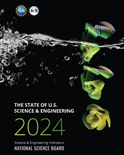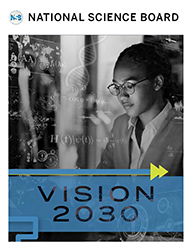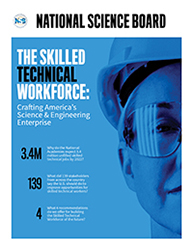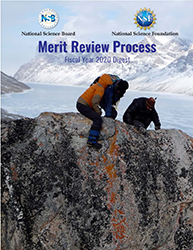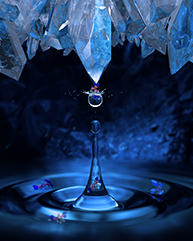Media Advisory 08-033
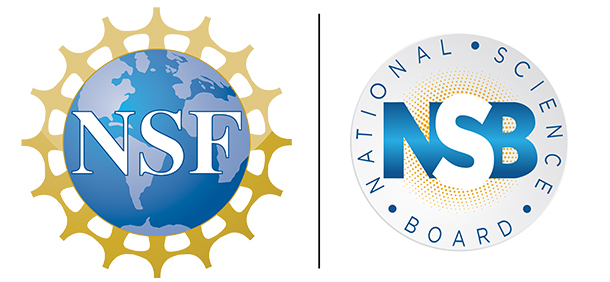
National Science Board Meets September 22 in Fairbanks, Alaska
Board members also visit NSF-supported geophysical and biological sciences research facilities
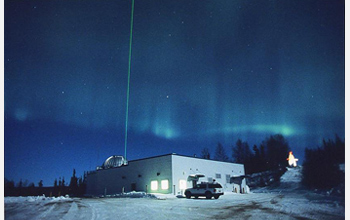
Aurora and a laser radar beam light up the sky on a winter's night at the Lidar Research Laboratory. (Credit and Larger Version)
September 22, 2008
On Monday, September 22, 2008, the National Science Board (NSB) holds the fifth of its six annual meetings at the University of Alaska Fairbanks (UAF). The NSB's annual meetings address national science and engineering policy issues and oversight of the National Science Foundation (NSF). The NSB selected this location to recognize UAF's significant role in Arctic research in this International Polar Year.
In addition to the public meeting, NSB members will meet in closed session to conduct board business as well as tour several geophysical and biological sciences research facilities located at or near the Poker Flat Research Range (PFRR), including the Advanced Modular Incoherent Scatter Radar (AMISR) antenna, LIDAR (light detection and ranging) Observatory, Caribou-Poker Creeks Research Watershed, Bonanza Creek Long Term Ecological Research (LTER) site, a potential future National Ecological Observatory Network (NEON) core site, and Poker Flat Research Range rocket launch pads.
An agenda can be found on the NSB website at http://www.nsf.gov/nsb/meetings/2008/0922/index.jsp.
The NSB, established by Congress in 1950, provides oversight for and establishment of the policies of the National Science Foundation. The 24-member board meets six times each year, usually five times at the NSF headquarters and once in another part of the country. The board selected UAF for its 2008 off-site meeting and retreat so that board members could experience firsthand the NSF-supported facilities in Fairbanks and learn more about UAF's participation in science and engineering initiatives.
Media representatives are invited to attend the open sessions, subject to provisions of the Government in the Sunshine Act.
-NSF-
Media Contacts
Lisa-Joy Zgorski, NSF, (703) 292-8311, lzgorski@nsf.govJenn Wagaman, University of Alaska, (907) 474-5082, jenn@alaska.edu
Useful NSB Web Sites:
Home Page: http://www.nsf.gov/nsb
Media Contact: http://www.nsf.gov/staff/staff_bio.jsp?lan=nlymn&org=NSF
News: http://www.nsf.gov/nsb/news
Meetings: http://www.nsf.gov/nsb/meetings
Publications: http://www.nsf.gov/nsb/publications
Facebook: https://www.facebook.com/NationalScienceBoard
Twitter: Twitter: https://twitter.com/intent/user?screen_name=NSF_NSB
YouTube: https://www.youtube.com/channel/UCkrHRzuGSrPp2haQs0T_Pww
To view PDF documents, please download Adobe Acrobat Reader.
